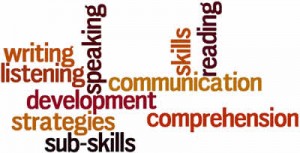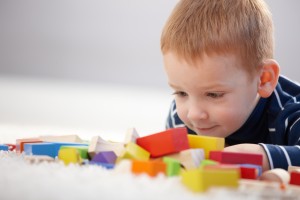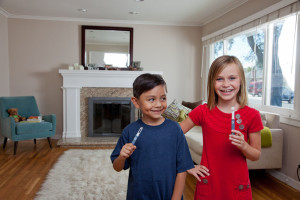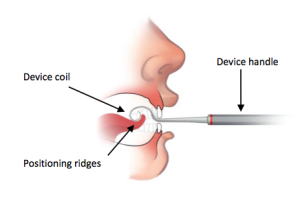
What Are Communication Disorders? Are They The Same As Speech Disorders? Image Courtesy of developingcourses.com
Last week, we helped you identify the symptoms associated with five common types of speech disorder. There are a handful of disorders that are not considered speech disorders, yet still effect a child’s ability to speak and communicate. Today we discuss a few of these conditions. These are classified under “communication disorders” rather than speech disorders because often the causes are unknown and they effect more than just a child’s speaking ability.
A communication disorder is a speech and language disorder which refers to problems in communication and in related areas such as oral motor function. These delays and disorders can range from simple sound substitution to the inability to understand or use native language. In general, communications disorders refer to problems in speech (comprehension and/or expression) that significantly interfere with an individual’s achievement and/or quality of life.









